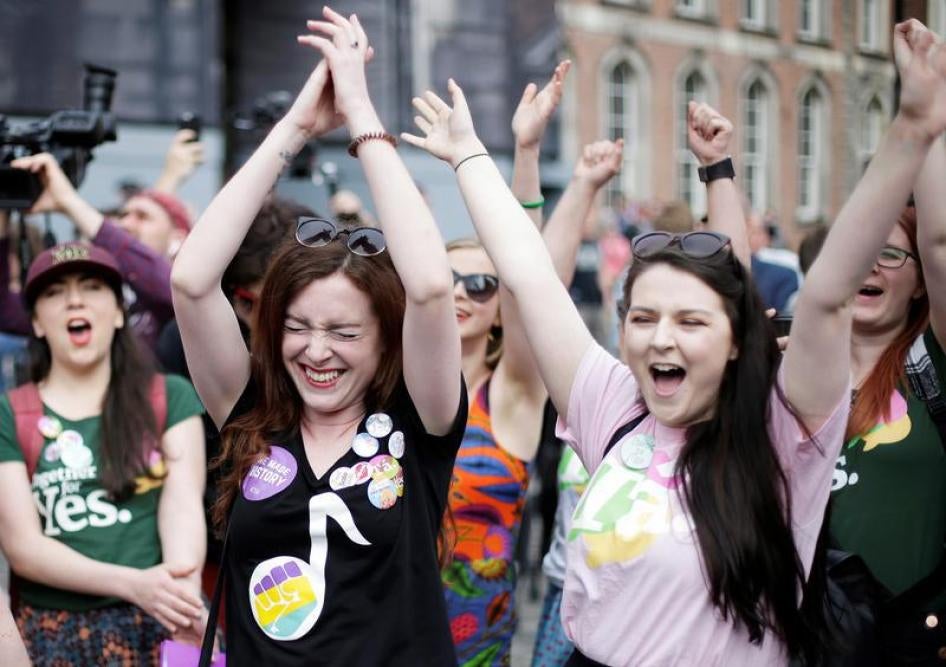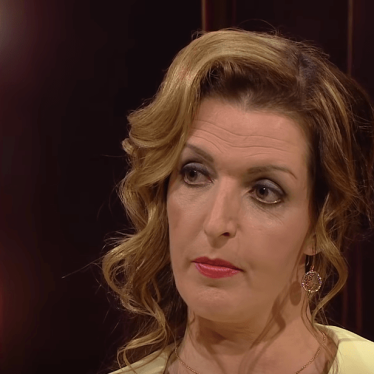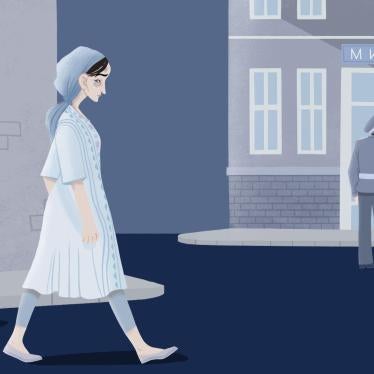The first vote I ever cast was in one of the six referendums that Ireland has had on abortion. Today, I watched with tears of joy as it became clear that two-thirds of Irish people voted to repeal the 35-year constitutional ban on abortion and to allow parliament to regulate abortion access in the future. Voters had turned out in historic numbers. I am both proud and relieved.
I was too young in 1983 to vote in the first referendum that led Ireland to change its constitution, adding what is known as the eighth amendment, banning abortion in almost all circumstances, even though it had already been criminalized in the country for over a century.
Under the constitutional ban, while “due regard” was given to the right to life of pregnant women and girls, the state’s responsibility was to “vindicate” the right to life of the “unborn.” When I was a university student, anti-choice activists successfully used the ban to make it illegal for doctors and family planning clinics to offer patients information about abortion services outside of Ireland. Student union officers were prosecuted for distributing such information. Magazines from abroad turned up in Ireland with blank pages, which would otherwise have contained advertisements with information on abortion services in the United Kingdom.
Over the years, the ban led to an injunction against a 14-year-old rape victim to stop her traveling to England for a termination, and, as recently as 2014, to a forced caesarean on a young asylum seeker, who despite being raped had not been allowed to travel for an abortion. Some women, like Savita Halappanavar, died because of the eighth amendment. The European Court of Human Rights and the United Nations Human Rights Committee ruled on multiple occasions that the ban violated women’s rights, and told Ireland time and again to change its laws.
I voted in three referendums that won small but important gains: the right for a suicidal pregnant woman or girl to obtain a life-saving abortion; the right to information about services abroad; and the right to travel for these services. Between 1980 and 2016, more than 170,000 Irish women and girls “traveled” (as it euphemistically became known) to have abortions: rape victims, women with diagnosis of fatal fetal anomalies, women who needed to end pregnancies to undergo life-saving treatment, and those who, for myriad personal reasons, could not continue their pregnancies. It’s likely everyone in Ireland knows family members or friends who “traveled” – often alone and in secrecy. I do.
After years of women making this lonely and often agonizing journey, listening to the brave individuals who came forward to break the silence, watching the commitment of the indefatigable pro-choice campaigners, and seeing the thousands who traveled #hometovote, yesterday’s vote was particularly poignant. The emphatic nature of the ‘Yes’ vote gives me hope that it will mark the start of a new, honest, rights-respecting era for women and girls in Ireland.
Activists in Poland, Malta, Italy, and in other regions such as Latin America – where women and girls continue to fight for access to abortion – watched as Ireland voted. I hope today marks a day where women’s struggle to secure or protect their basic reproductive rights wherever they are, is bolstered.








